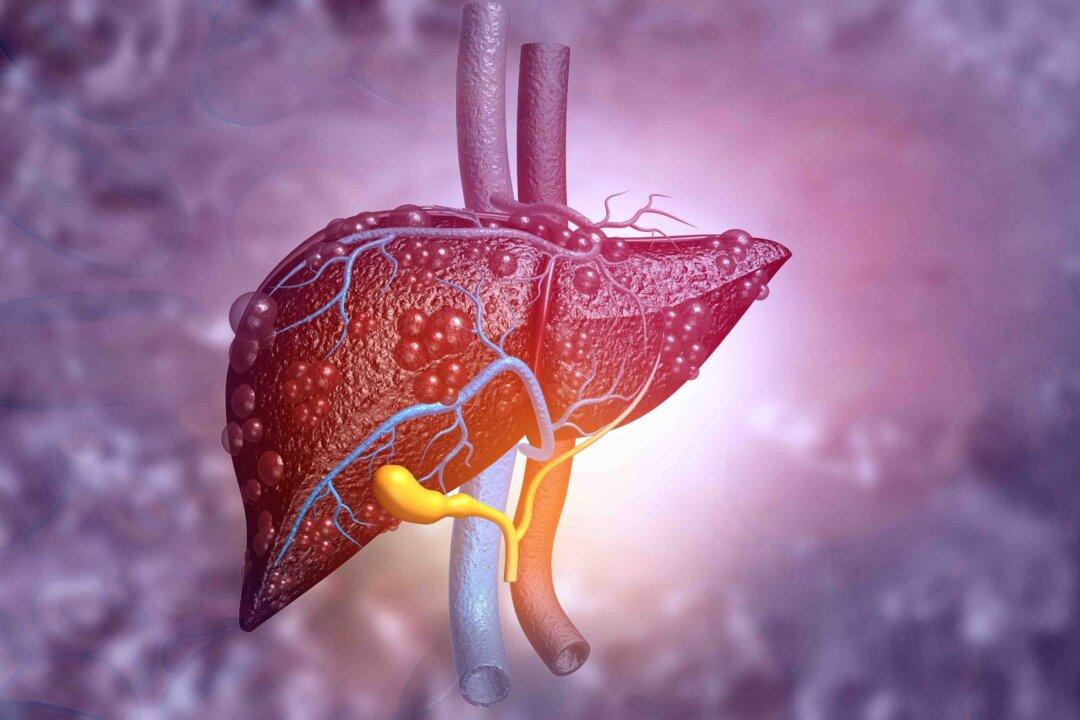Researchers may have found a new way to reduce risk factors for Type 2 diabetes. According to a study recently presented by the Northwestern University in Chicago, people who start eating before 8:30 a.m. had lower blood sugar levels and less insulin resistance. These are two risk factors that could help to reduce the incidence of Type 2 diabetes.
When the body doesn’t respond well to the insulin that the pancreas is producing, insulin resistance can occur, and glucose is less able to enter the cells. People who experience this may be at higher risk of developing Type 2 diabetes.





